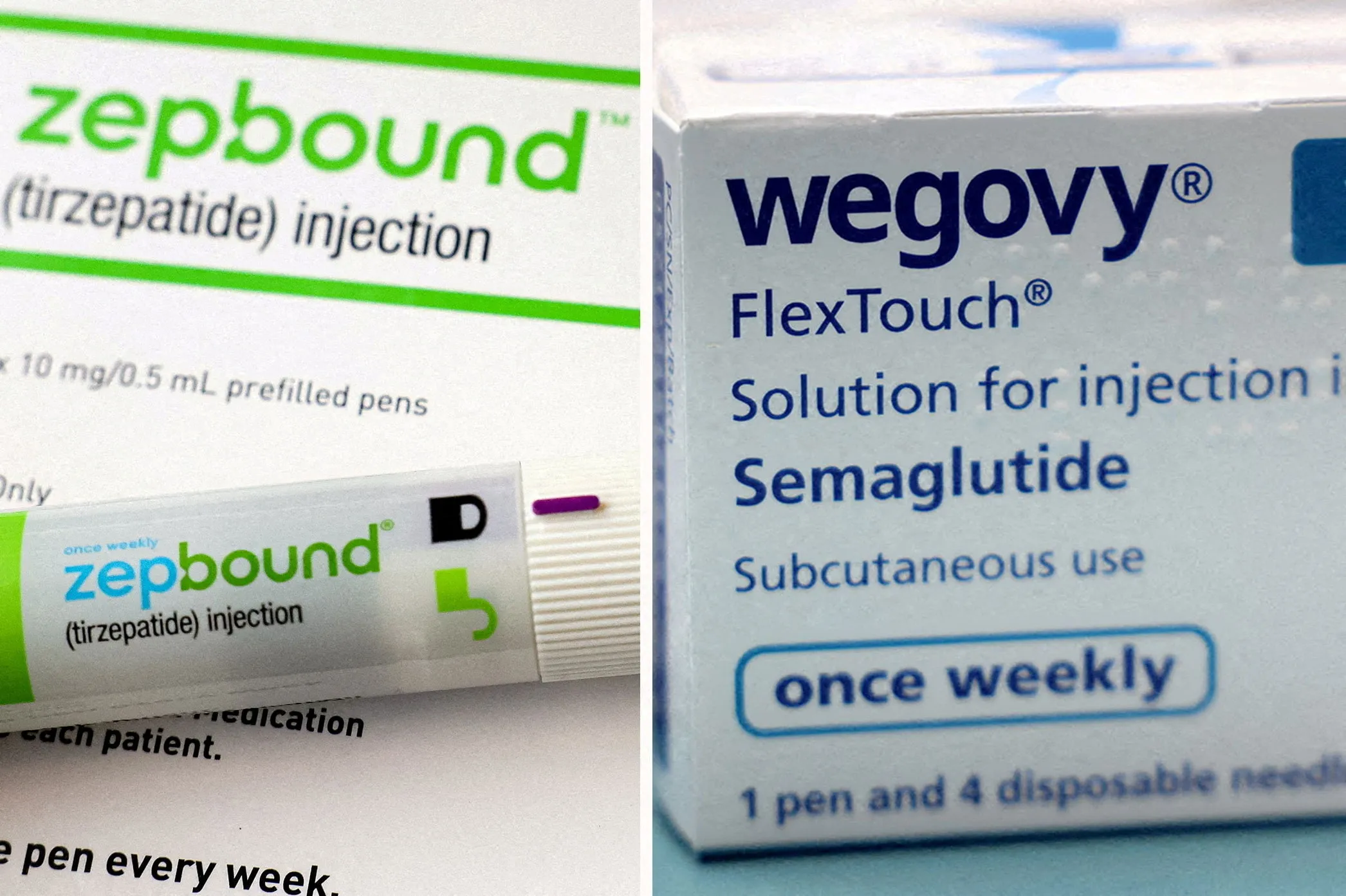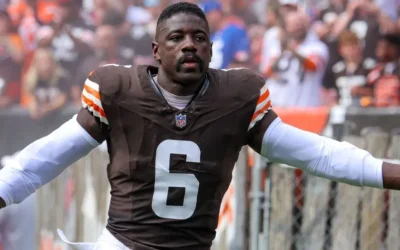Introduction
In the ever-evolving landscape of weight-loss medications, two names have emerged as frontrunners: Mounjaro and Wegovy. Both drugs represent a new class of obesity treatments known as GLP-1 receptor agonists, which work by mimicking the hormone GLP-1 involved in the regulation of appetite and insulin secretion. Recent head-to-head clinical trials have provided intriguing insights into their effectiveness, with Zepbound, a newcomer in the market, topping Wegovy in terms of weight loss.
The Rise of GLP-1 Receptor Agonists
Obesity is a major public health concern affecting millions in the United States and around the world. Traditional methods of weight loss, such as diet and exercise, have proved insufficient for many individuals. As a result, pharmaceutical companies have sought to develop more effective weight-loss medications.
GLP-1 receptor agonists like Mounjaro, Wegovy, and Zepbound have been hailed as breakthrough therapies. They not only help in weight loss but also contribute to improved metabolic health. Mounjaro, developed by Eli Lilly, and Wegovy, produced by Novo Nordisk, have become the choices for clinicians and patients struggling with obesity.
Mounjaro vs. Wegovy: Mechanism of Action
Understanding how these drugs work can shed light on their effectiveness. Mounjaro (tirzepatide) uniquely targets not only GLP-1 receptors but also GIP (gastric inhibitory polypeptide) receptors. This dual action can enhance insulin sensitivity and promote weight loss to a greater extent.
Wegovy (semaglutide), on the other hand, primarily targets GLP-1 receptors. It simulates the effects of GLP-1 to decrease appetite and increase feelings of fullness, leading to reduced calorie intake. While both drugs are similar in nature, Mounjaro’s additional GIP receptor targeting may explain its superior results as seen in recent trials.
Trial Results: Zepbound Tops Wegovy
The latest head-to-head study comparing Mounjaro, Wegovy, and the newly introduced Zepbound has illuminated critical differences in their efficacy. In a randomized, controlled trial, patients receiving Mounjaro and Zepbound demonstrated more significant weight reduction compared to those on Wegovy.
Zepbound, known generically as zepatier, has quickly gained attention since its recent approval. Initial data revealed that Zepbound delivered more robust weight loss results, with patients achieving an average of 20-25% body weight reduction compared to only 15-20% in those taking Wegovy. This difference could have huge implications for patients aiming for significant weight loss.
Patient Outcomes and Efficacy
Examining the outcomes of patients taking these medications offers a better understanding of their effectiveness. The side effects associated with GLP-1 receptor agonists, including nausea and gastrointestinal upsets, are essential factors to consider when reviewing these drugs.
Mounjaro has been associated with a slightly better tolerability profile, with fewer patients dropping out of the study due to adverse effects compared to those on Wegovy. However, the long-term safety and potential risks linked to Mounjaro and Zepbound are still undergoing rigorous investigation, making ongoing assessment crucial.
Cost Considerations
Cost is another critical factor when considering these weight-loss drugs. With rising rates of obesity in the U.S., the demand for effective medications puts pressure on manufacturers to balance efficacy and affordability.
Currently, Wegovy holds a considerable share of the market, but Mounjaro is proving to be a strong competitor. As with most medications, insurance coverage often dictates the out-of-pocket expenses for patients. Both Eli Lilly and Novo Nordisk have implemented patient assistance programs to facilitate access to their treatments.
However, Zepbound’s entry into the market could potentially shift pricing strategies, particularly if clinical outcomes continue to show its superiority. For patients, the choice of medication will not only rely on the drug’s effectiveness but also on how well it fits into their financial reality.
Consultation with Healthcare Providers
Choosing the right weight-loss medication should be a personalized decision made in consultation with healthcare providers. Factors that must be considered include individual health profiles, medical history, and lifestyle. Patients are advised to engage in conversations with their healthcare providers to evaluate the benefits and drawbacks of each treatment option.
Weight loss is a multifaceted journey that encompasses diet, exercise, and behavioral changes. Medications like Mounjaro, Wegovy, and Zepbound serve as tools that can complement a comprehensive approach to treating obesity.
Conclusion
The landscape of weight-loss management continues to develop, with new drugs and treatment protocols emerging to meet the growing demand. Mounjaro and Wegovy have both shown significant benefits, but the latest studies introducing Zepbound indicate a new standard for weight-loss efficacy. This information is vital for healthcare providers and patients alike, as they navigate the complexities of obesity treatment.
As research continues to evolve, keeping an open dialogue with medical professionals and staying informed about new findings can help individuals find the best path toward achieving their weight-loss goals.
Future Directions in Obesity Treatment
The future of obesity treatment might involve not only pharmacological advancements but also a deeper understanding of the biological mechanisms that contribute to weight gain. Research is ongoing to investigate the interplay of genetics, metabolism, and environmental factors.
Ultimately, the triumph of Mounjaro over Wegovy, accompanied by Zepbound’s promising results, suggests an exciting era for weight management strategies. As knowledge advances and new treatments hit the market, patients have increasing hope for effective and sustainable solutions to obesity.







